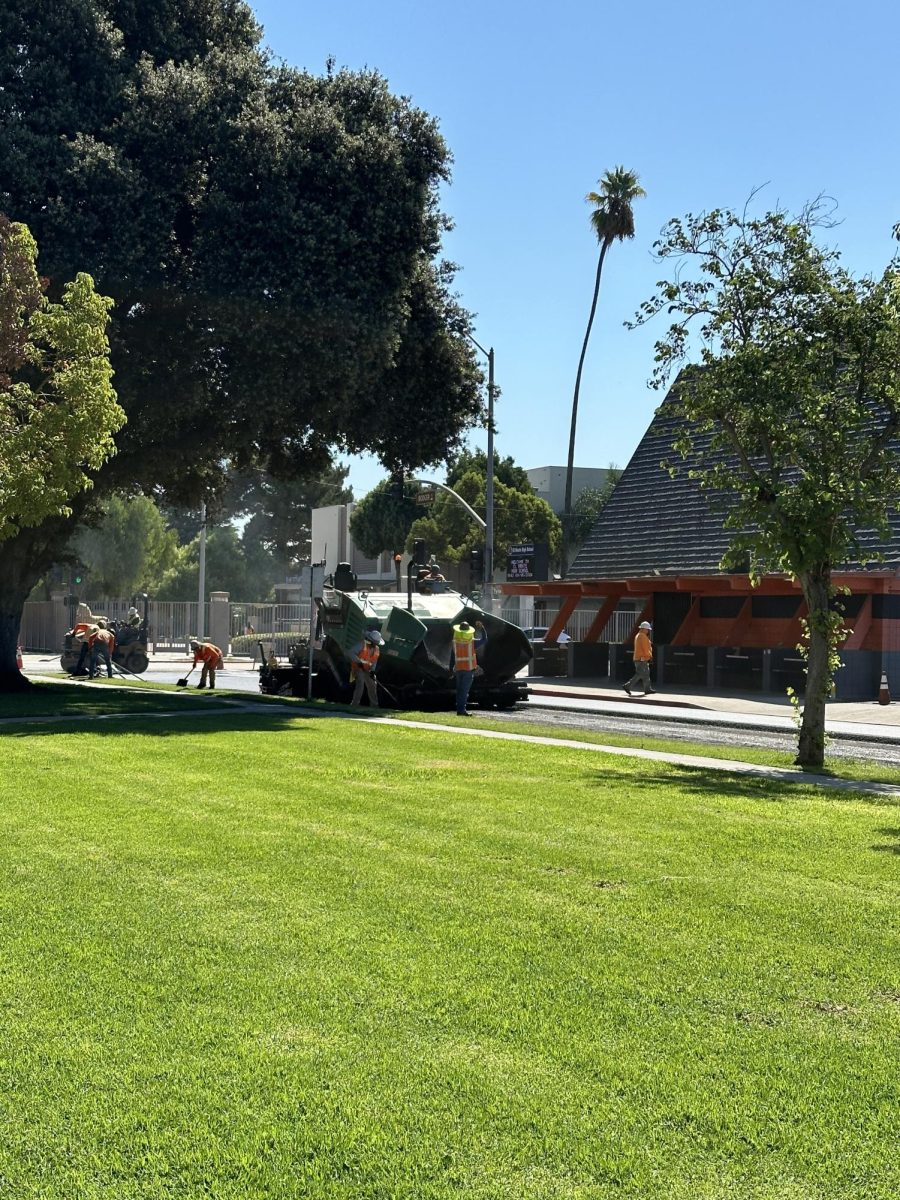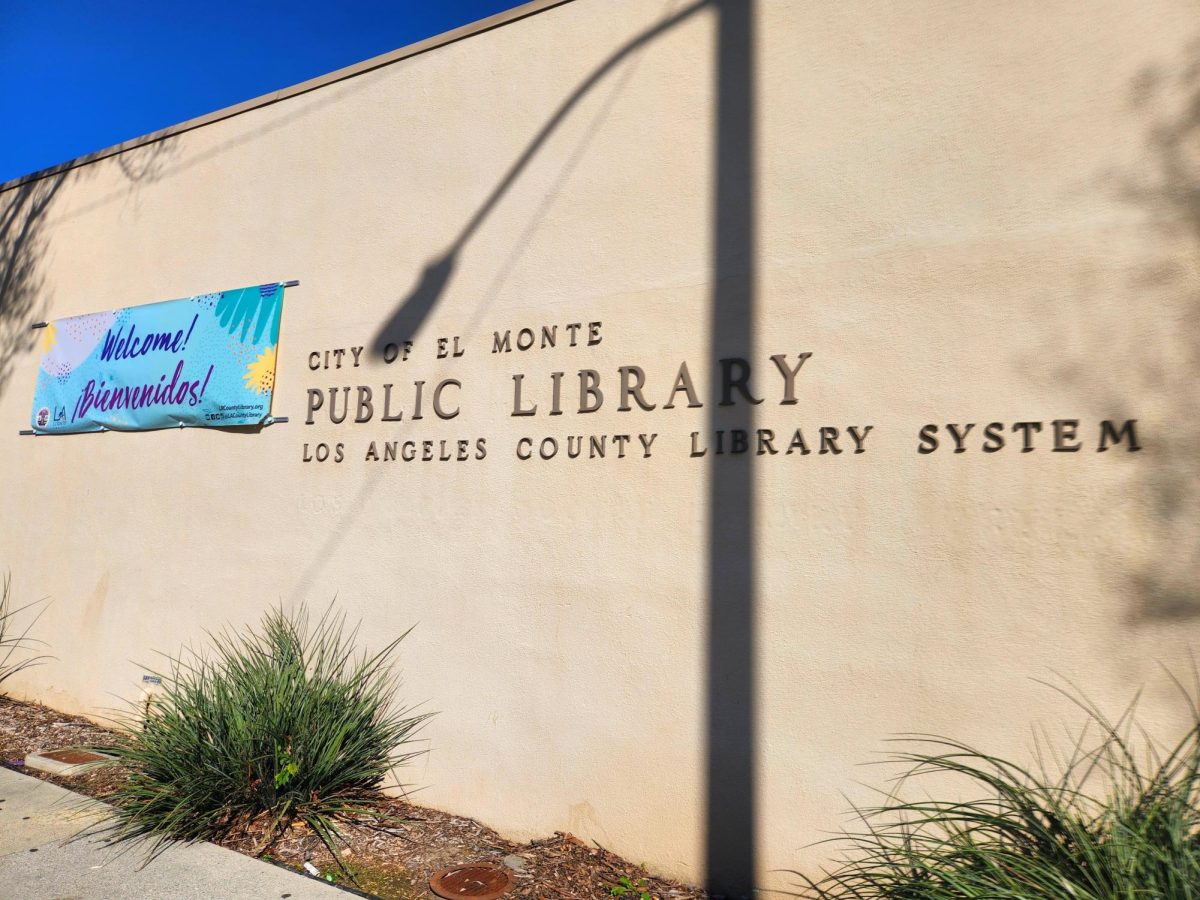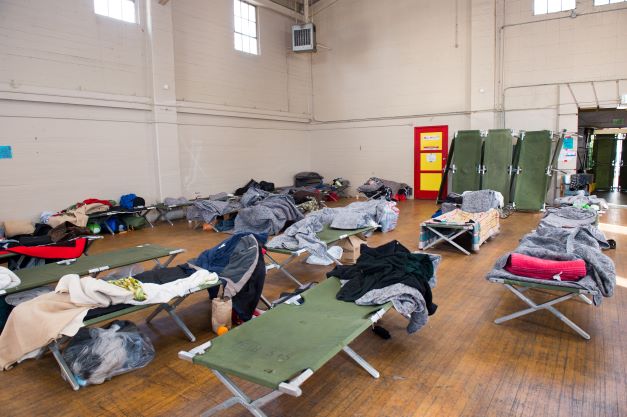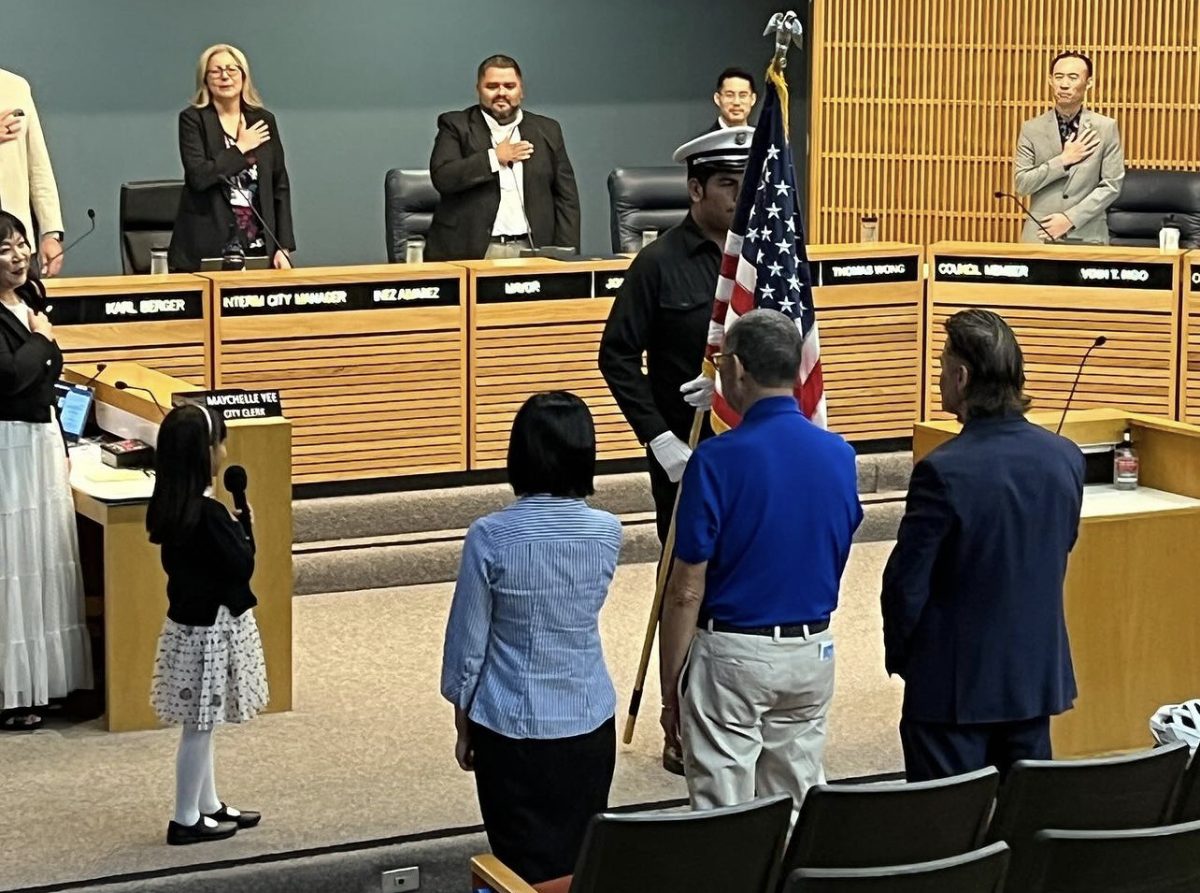By Ashley Romero
Donald J. Trump has been elected the 47th president of the United States, securing a clear victory over Democratic Vice President Kamala Harris.
Republicans also won 220 seats, taking control of the U.S. house, according to the Washington Post. That means Trump and the Republican party will have control of two key branches of government: the Presidency and Congress, at least for two years.
Some voters are thankful and look forward to tighter immigration policies, for instance. Others are worried about their access to basic human rights.
Experts say people can become more active in their communities at the local and state levels to address concerns and make changes. They can reach out to their elected officials in Congress and state legislators as well as local county and city leaders to weigh in about issues they care about most or attend meetings to hear what their city or neighborhood council members, county supervisors and school board members are up to.
UT Community News reporters covered the election in their 2024 voter guide — with local outlets Boyle Heights Beat and CALÓ News cross-publishing nine of the 16 stories. Now, they have post-election updates in the latest episode of “Cal State LA Community News Hour” podcast, and here in the University Times.

Facelift for California public schools and community colleges approved
By Emanuel Martinez
California schools will be getting more money for upgrades soon.
State residents approved Proposition 2, a measure that would authorize $10 billion in bonds for repairing, upgrading, and constructing facilities at K-12 public schools and community colleges. It was passed by 58% of California voters.
That’s according to the California Secretary of State’s website.
Some residents are thankful because many of their school facilities require repair. Others are worried about the debt this could put taxpayers in and how the money will be spent.
Experts say residents can rest assured for now as bonds do not directly raise taxes to address economic concerns they may have. Students, parents, and teachers who want to weigh in on what repairs are needed should contact their local school districts or attend school board meetings.
Whopping $10B in state funds to address climate change

Many residents concerned about fires, droughts and other climate impacts
By Gisselle Mauricio
Voters care about the environment and want the state to do something about it.
That’s one of the takeaways from this November’s election. Voters approved a statewide measure to invest $10 billion from the state’s general funds to combat climate change by a 59.3% vote, according to the California’s Secretary of State website.
The passing of Proposition 4 means local governments will be incentivized to invest in natural resources and climate activities, and it will likely reduce state and local government costs for responding to and recovering from climate disasters.
At the same time, once implemented, the new law will cost the state about $400 million annually for 40 years in order to repay the bond.
While some residents are worried about these costs, others say they’re necessary, a reality to ensure a better future.
Local residents who want to weigh in about how some of this money is spent should contact their lawmakers at the state and local levels.

Measure to scrap two-thirds voting requirement, dropping it to 55%, appears to be rejected — by 55% of voters
By Leslie Hudson
California voters had mixed feelings about a statewide measure that would have lowered the voting requirement needed to allow local governments in California to borrow money for infrastructure and to provide assistance with low-income housing.
Proposition 5 would have lowered the votes required from two-thirds to 55% — while requiring local governments to do annual audits on what is spent and allow oversight from independent committees.
But unofficial results as of Nov. 14 show the measure was rejected by 55% of voters. That’s according to the California Secretary of State’s website.
Some residents are thankful for these preliminary results because they believe the measure would have been too costly and could have resulted in higher taxes for other homeowners. Others are now worried about how the likely defeat of this measure will impact infrastructure and housing needed quickly for seniors, people with disabilities and others.
Experts say residents can contact their local leaders to advocate for new solutions to find other funds for infrastructure and affordable housing.
Razor-close results on measure to restrict spending of prescription drug program funds

By Thomas Davila
The election results are too close to call for Proposition 34.
The California Secretary of State’s unofficial results say 50.9% of voters approved it, but the vote count won’t be certified until Dec. 13 and experts say it’s within 2 percentage points, so it can’t be called yet.
The measure would limit how certain healthcare providers spend money from a federally-funded prescription drug program. It would specifically require them to spend the money on “direct patient care,” This applies to major nonprofit organizations like the AIDS Healthcare Foundation and requires all state agencies to negotiate for cheaper prices for their medications.
Residents supporting the measure say they want to see a stop to the abuse of the 340B program by nonprofits that operate substandard low-income housing. Others are worried that prop. 34 effectively weaponizes the state’s citizen initiative process to punish AHF.
For now, we can all just wait and see what happens. Once we know the result, residents can still weigh in by contacting their local newspaper, or their state and local elected officials with what they think about public issues related to healthcare and nonprofit expenses.

El Monte voters approve measure to bolster city infrastructure, youth and senior programs
By Jose Cabrera
El Monte city measure EM would help improve El Monte infrastructure while providing senior and youth programs was approved by 55% of the voters.
That’s according to the County of Los Angeles Election result website. That means city sales taxes would increase to ¾ percent until 3,500,00 million is raised annually.
Some residents are thankful the city will finally address the issues that have wreaked havoc on drivers while providing care resources for those in need. Others are worried that the tax increase is going to affect residents financially.
Experts say residents can expect more city revenue to address homelessness concerns they may have.
More money to refurbish El Monte school facilities and outdoor spaces

Measure ME passes, allowing district to issue $105M in bonds
By Kara Alexander
El Monte City School District’s Measure ME, approved by 62% of voters, will provide funding for elementary schools in El Monte to support classroom repairs, improve green spaces, and enhance school safety, according to Ballotpedia.
The measure authorizes the district to issue $105 million in bonds, with the revenue dedicated to these school improvements. To fund the measure, property owners will face an estimated tax levy of $30 per $100,000 in assessed property value.
Some residents are grateful that funding will finally be available to upgrade outdated school buildings and classrooms, providing improved facilities for children. Others, however, feel that the funding should prioritize hiring more qualified teachers and increasing student diversity rather than focusing on infrastructure. Still others are worried about the tax increase because of other costs they face, including inflation. Parents, students, and teachers who want to weigh in on what should be done with the funds, should contact the district or attend a school board meeting.

Monterey Park will have more money for infrastructure and other projects
Larger retailers and doctor’s offices will see a tax hike
By Queena Duong
A Monterey Park measure that would increase certain business taxes was passed by 71% of voters in the city.
That’s according to the Los Angeles County Clerk’s website. That means large retailers and doctors’ offices would have to pay more, while some small businesses like restaurants could see a decrease.
Some residents are thankful because there will be more money for general city services like road maintenance or even new housing projects. Others are worried about businesses leaving the area to other cities that might have cheaper business taxes and potentially increasing prices for some consumers.
After seeing the impact of this tax increase in the next year or so, businesses and residents can contact city council members to let them know how they feel.















